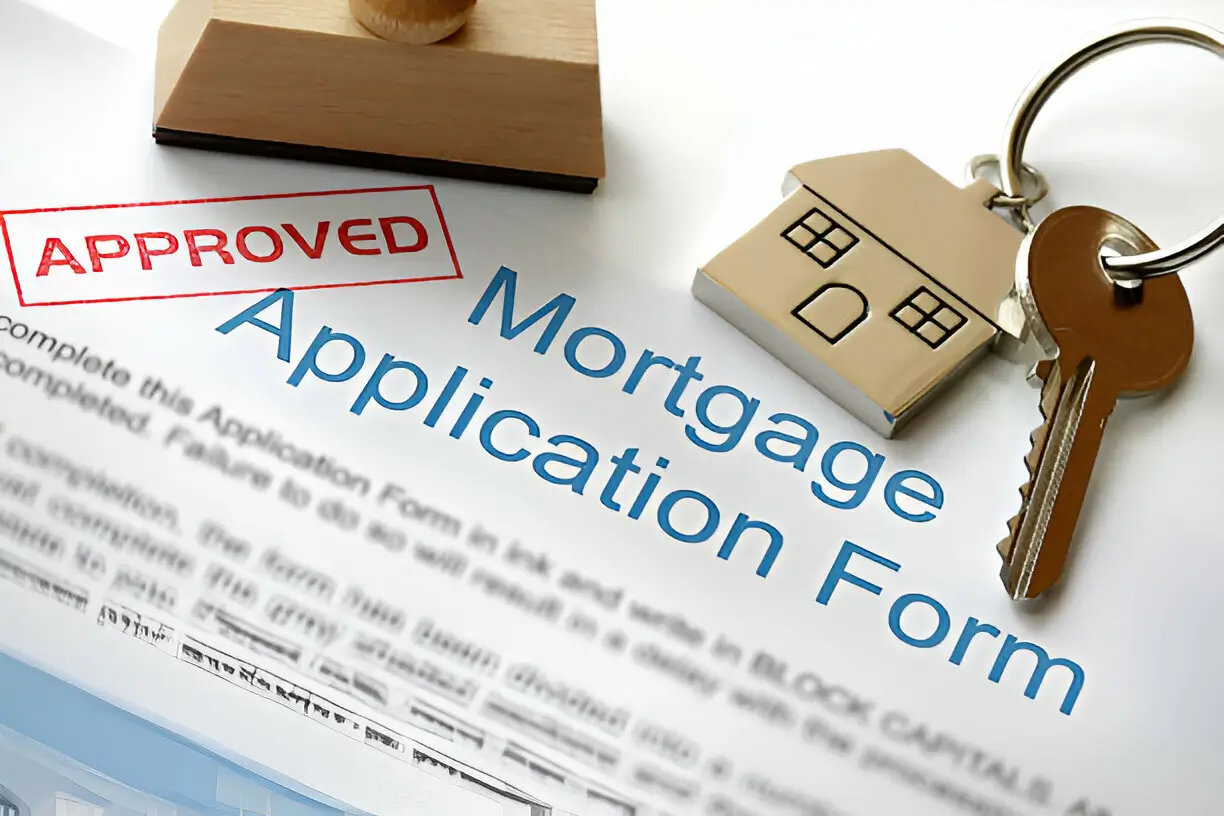Home Equity can be a powerful financial tool, but are you using it to your advantage? This guide will show you the best ways to leverage your home’s equity for financial gain. From renovations to debt consolidation, learn how to make your equity work for you. Ready to unlock your home’s hidden potential? Let’s dive in and explore how to use home equity to your advantage.
Understanding Home Equity
Home equity is the portion of your home’s value that you actually own, calculated by subtracting any outstanding mortgage balances from the property’s market value. It’s a valuable asset that can be used to finance major expenses or improve your financial situation.
Building Home Equity
Before you can use home equity to your advantage, it’s important to understand how to build it. Here are the key factors that contribute to growing your home equity:
Paying Down Your Mortgage
Each mortgage payment you make reduces your loan balance, increasing your equity. Accelerating mortgage payments or making additional payments can boost your equity faster.
Property Value Appreciation
As real estate values increase, so does your home equity. Market conditions, local developments, and overall economic health play significant roles in property appreciation.
Home Improvements
Investing in home improvements can increase your property’s market value, thereby increasing your equity. Strategic renovations, such as kitchen remodels or adding energy-efficient features, often yield the best returns.
Ways to Use Home Equity
Once you’ve built substantial equity, you can tap into it for various financial purposes. Here are some common and effective ways to use home equity:
Home Equity Loans
A home equity loan is a lump sum loan that you repay over a fixed term, typically at a fixed interest rate. This option is suitable for large, one-time expenses like major home renovations or paying off high-interest debt.
Home Equity Lines of Credit (HELOC)
A HELOC provides flexible access to your equity, functioning like a credit card with a revolving balance. You can borrow as needed, up to your credit limit, and pay interest only on the amount you use. This is ideal for ongoing expenses such as tuition payments or small home improvement projects.
Cash-Out Refinancing
Cash-out refinancing involves refinancing your mortgage for more than you owe and taking the difference in cash. This can be a cost-effective way to access a large amount of money at lower interest rates compared to personal loans or credit cards.
Debt Consolidation
Using home equity to consolidate high-interest debts, like credit card balances, can lower your overall interest payments and simplify your finances. By rolling multiple debts into one home equity loan or HELOC, you can manage your payments more effectively.
Real-Life Example: The Thompson Family’s Renovation Project
The Thompson family had built significant equity in their home over ten years. They decided to use a home equity loan to finance a major kitchen renovation, increasing their home’s market value and making it more enjoyable for daily living.
The Process
- Assessing Equity: The Thompsons determined their home’s current market value and calculated their available equity.
- Choosing a Loan: They opted for a home equity loan due to its fixed interest rate and predictable monthly payments.
- Executing the Project: The loan allowed them to hire contractors and complete the renovation, which increased their home’s value by more than the cost of the loan.
Pros and Cons of Using Home Equity
While leveraging home equity can offer substantial benefits, it’s essential to weigh the pros and cons.
Pros
- Lower Interest Rates: Home equity loans and HELOCs typically have lower interest rates compared to credit cards and personal loans.
- Tax Deductibility: Interest on home equity loans may be tax-deductible if used for home improvements.
- Large Loan Amounts: You can access significant funds for major expenses.
Cons
- Risk of Foreclosure: Your home is collateral for the loan. If you default, you risk losing your home.
- Closing Costs: Home equity loans and refinancing often come with closing costs and fees.
- Impact on Credit: Taking on additional debt affects your credit score and debt-to-income ratio.
Maximizing the Benefits of Home Equity
To maximize the benefits of using home equity, consider the following strategies:
Shop Around for the Best Rates
Interest rates and terms can vary significantly between lenders. Shopping around and comparing offers can save you money over the life of the loan.
Use Funds Wisely
Prioritize using home equity for investments that increase your home’s value or improve your financial health, such as home renovations or debt consolidation.
Plan for Repayment
Ensure you have a solid plan for repaying the loan. Consider your long-term financial goals and how the additional debt fits into your overall strategy.
FAQs
What is home equity?
Home equity is the portion of your home’s value that you own outright, calculated by subtracting your mortgage balance from the home’s market value.
How can I build home equity?
You can build home equity by paying down your mortgage, benefiting from property value appreciation, and making home improvements that increase your property’s value.
What is a home equity loan?
A home equity loan is a lump sum loan that uses your home as collateral, repaid over a fixed term with fixed interest rates.
What is a HELOC?
A HELOC, or home equity line of credit, is a revolving line of credit secured by your home, allowing you to borrow as needed up to a certain limit and pay interest only on the amount borrowed.
Is using home equity a good idea for debt consolidation?
Yes, using home equity to consolidate high-interest debts can lower your overall interest payments and simplify your financial management by combining multiple debts into one.
What are the risks of using home equity?
The primary risk of using home equity is the potential for foreclosure if you default on the loan. Additionally, taking on more debt impacts your credit score and financial stability.
Using home equity to your advantage requires careful planning and consideration. By understanding the various ways to leverage your home’s value and the potential benefits and risks, you can make informed decisions that enhance your financial situation. Whether you’re looking to fund major expenses, consolidate debt, or invest in home improvements, home equity can be a valuable tool in your financial toolkit.






